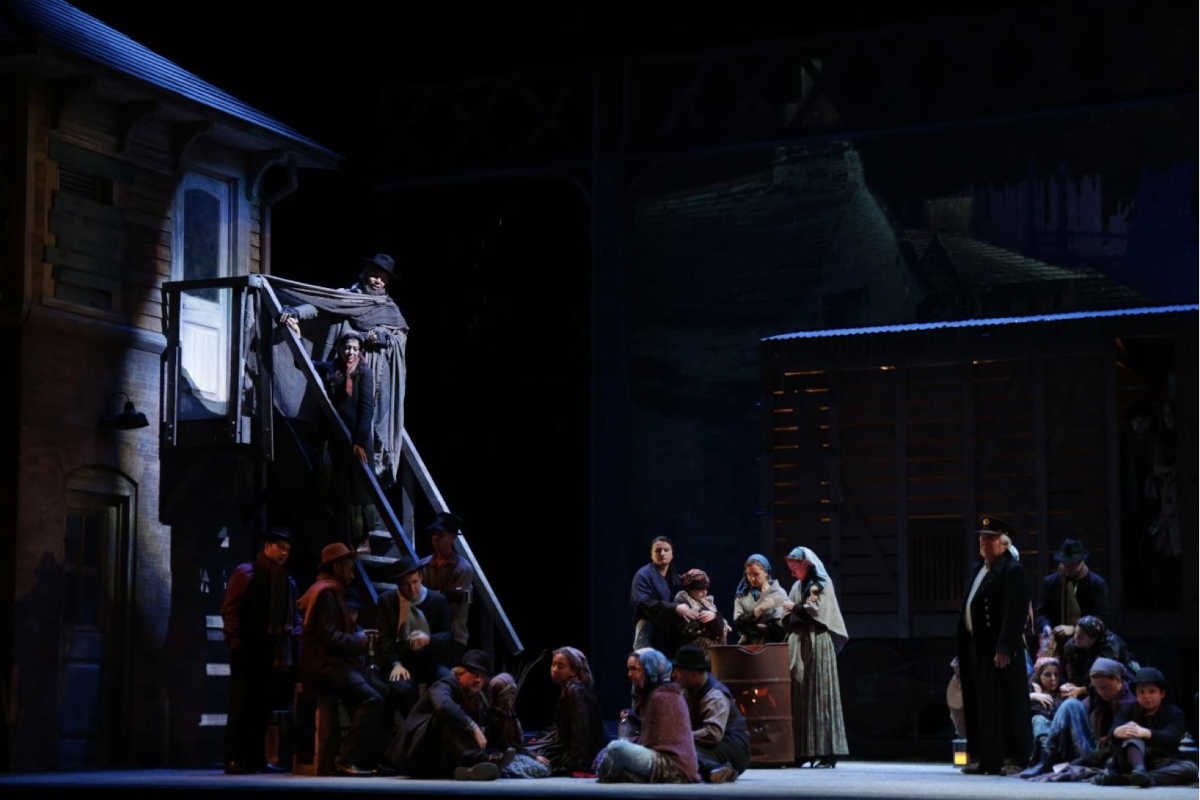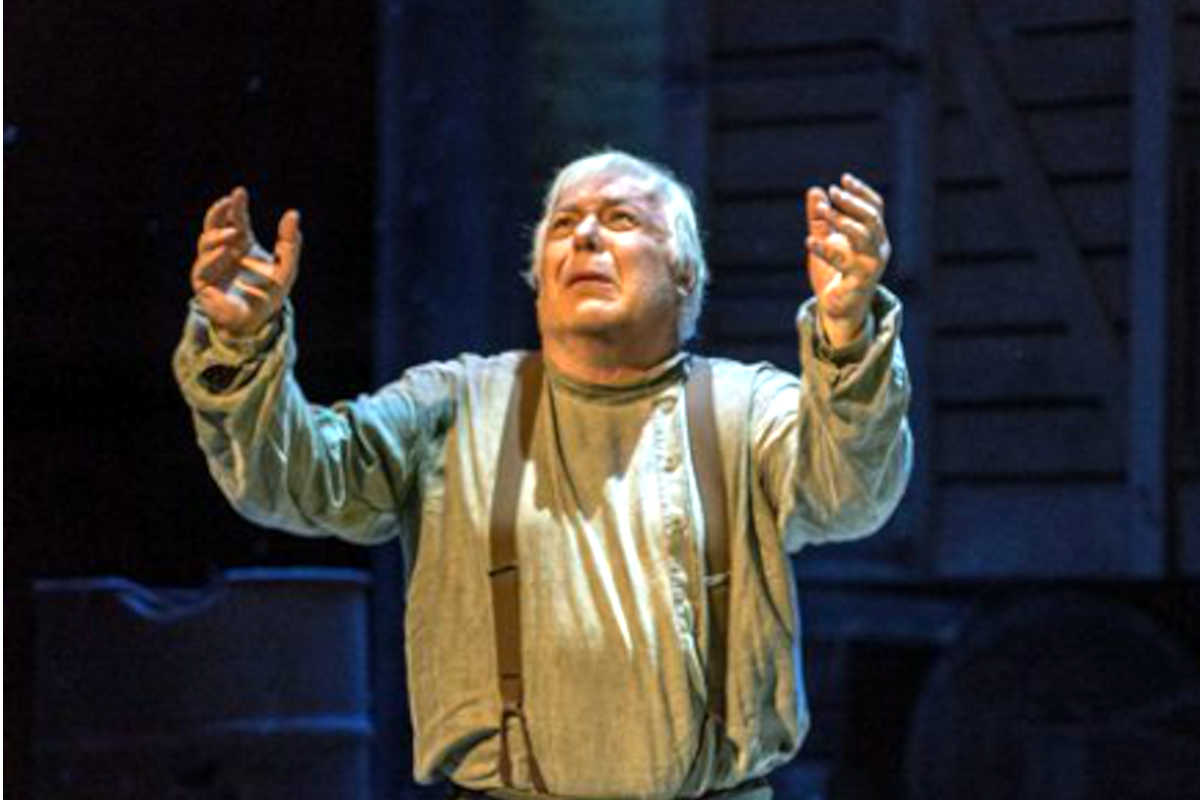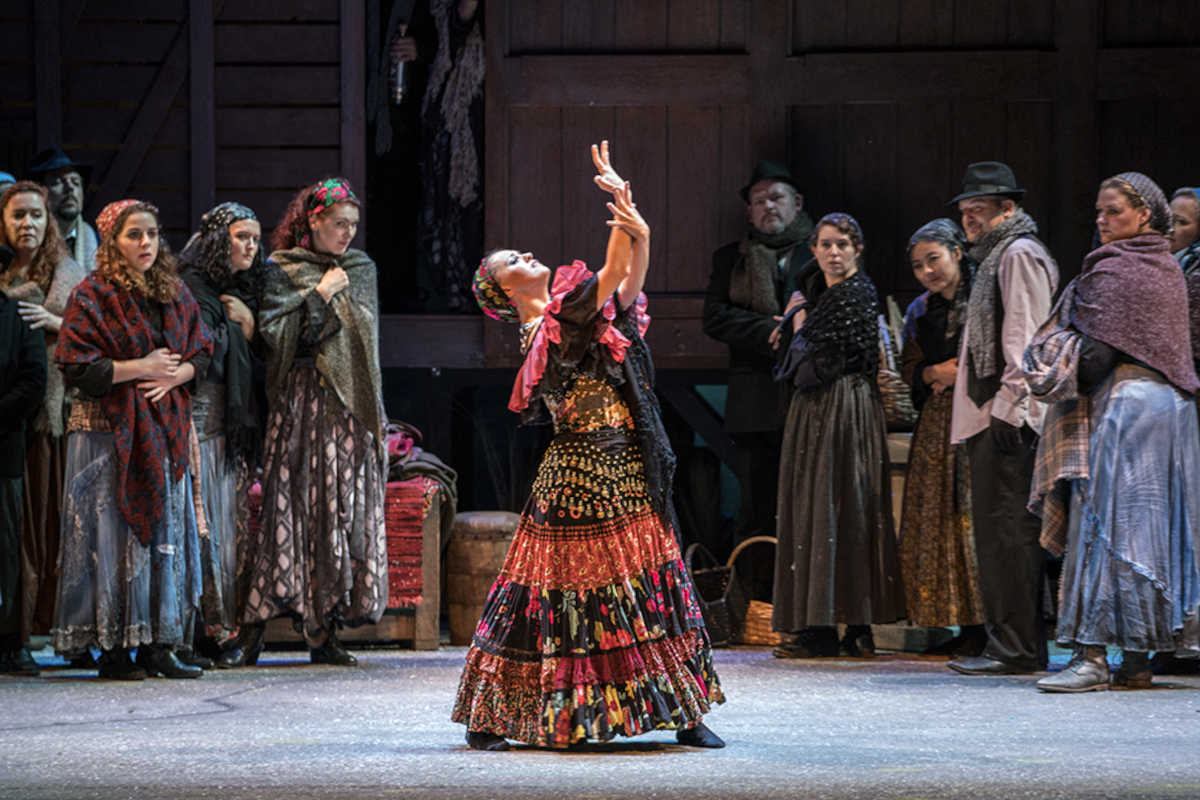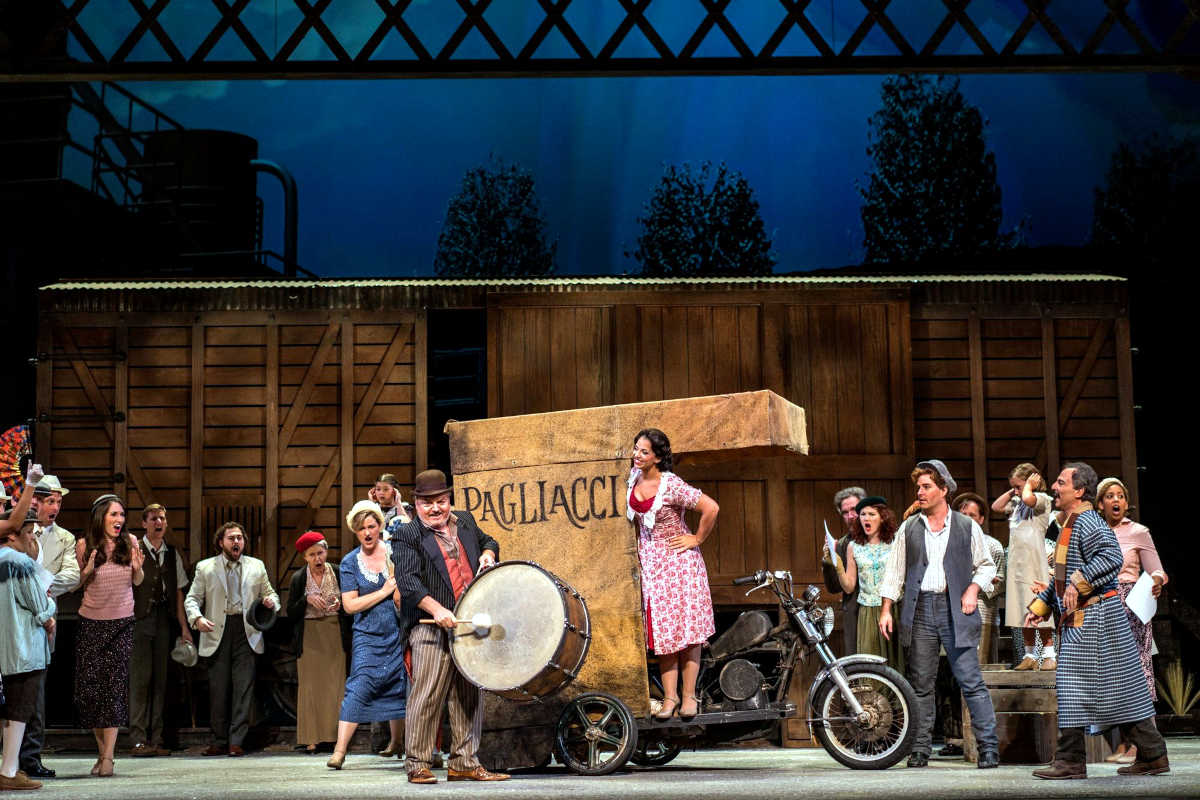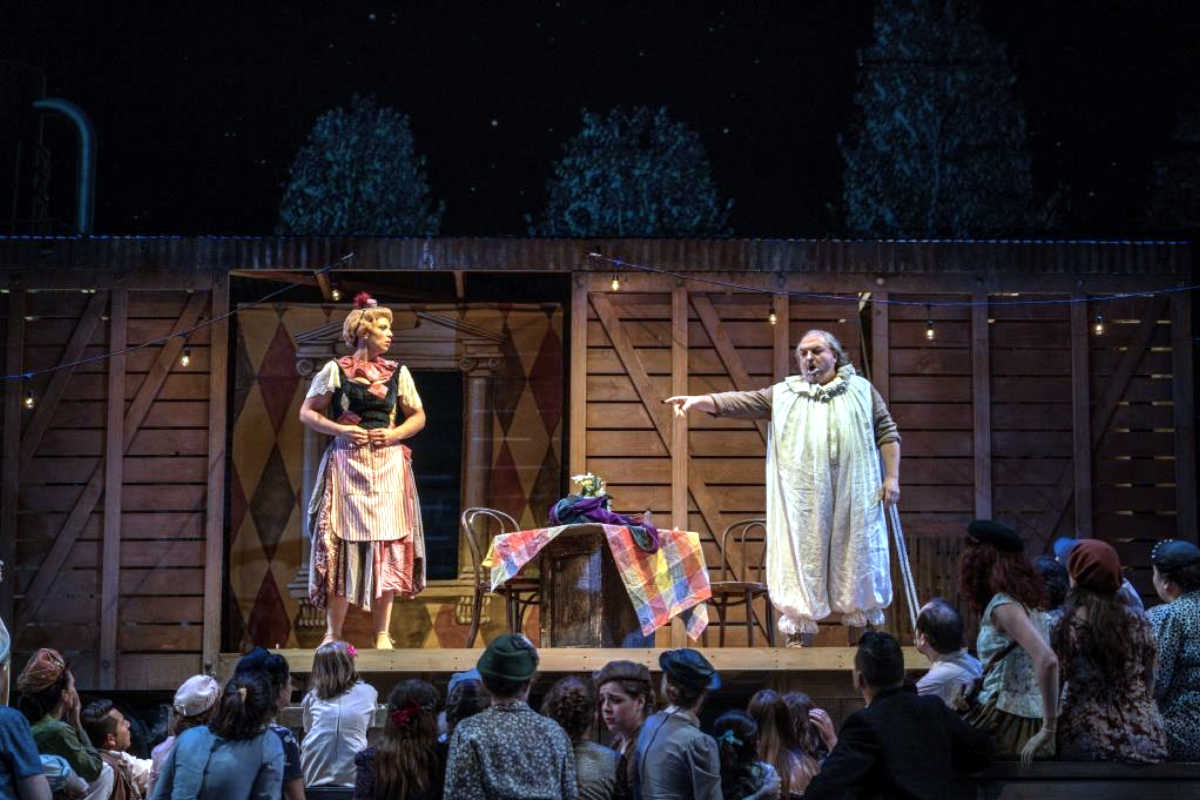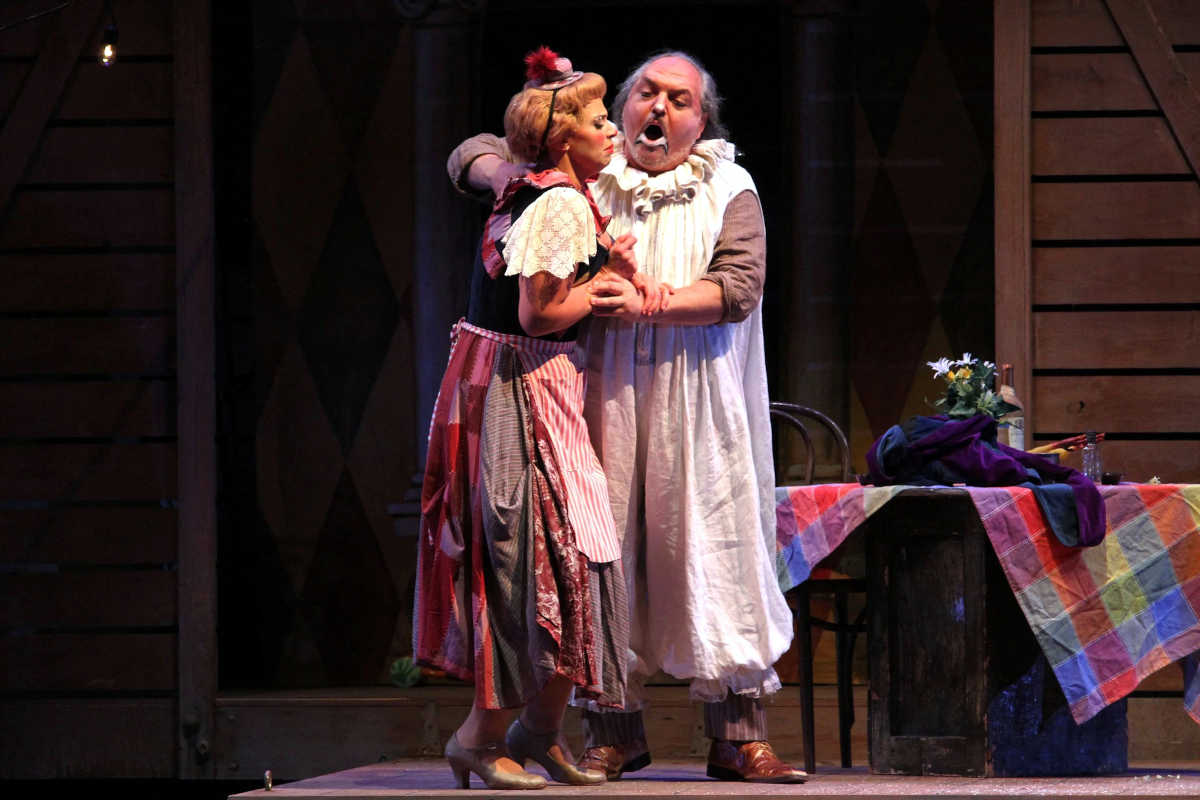Sergei Vasilyevich Rachmaninoff
Aleko
Ruggero Leoncavallo
Pagliacci
This new production double bill of two operas that both premiered in May 1892, Rachmaninov’s Aleko and Leoncavallo’s Pagliacci, sets off New York City Opera first re-opening season.
It was a great pleasure as much as an honor to be able to return to the New York City Opera, immediately after having staged Giacomo Puccini’s Tosca only a few months earlier, which had sanctioned its rebirth, to inaugurate the first and official season since its closure in 2013.
cast
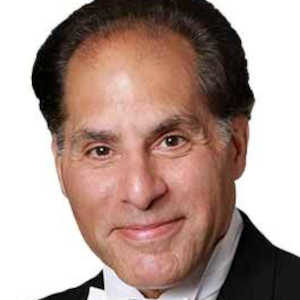
James Meena

Stefan Szkafarowsky
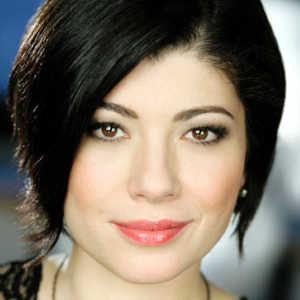
Inna Dukach

Jason Karn
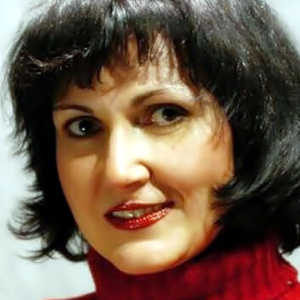
Olga Lomteva

Kevin Thompson

Francesco Anile

Jessica Rose Cambio
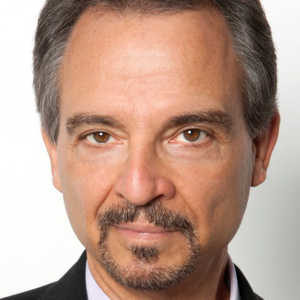
Michael Corvino

Jason Karn

Gustavo Feulien
creators
Sergei Vasilyevich Rachmaninoff (1 April [O.S. 20 March] 1873 – 28 March 1943) was a Russian composer, virtuoso pianist, and conductor. Rachmaninoff is widely considered one of the finest pianists of his day and, as a composer, one of the last great representatives of Romanticism in Russian classical music.
During his final year at the Conservatory, for his final theory and composition exams, he wrote Aleko, a one-act opera based on the narrative poem The Gypsies by Alexander Pushkin, in seventeen days. It premiered in May 1892 at the Bolshoi Theatre. Aleko earned Rachmaninoff the highest mark at the Conservatory and a Great Gold Medal. On 29 May 1892, the Conservatory issued Rachmaninoff a diploma which allowed him to officially style himself as a “Free Artist”.

Sergei Vasilyevich Rachmaninoff
Ruggero Leoncavallo (23 April 1857 – 9 August 1919) was the son of Vincenzo Leoncavallo, a police magistrate and judge. Although he produced numerous operas and other songs throughout his career it is his opera Pagliacci (1892) that remained his lasting contribution, despite attempts to escape the shadow of his greatest success. According to Leoncavallo, the plot of this work had a real-life origin: he claimed it derived from a murder trial, in Montalto Uffugo, over which his father had presided.
His other compositions include the song Mattinata, popularized by Enrico Caruso, and the symphonic poem La Nuit de mai.
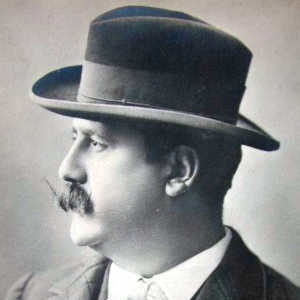
Ruggero Leoncavallo
Stage director
set designer
production Concept
Costume designer
lighting designer
producers
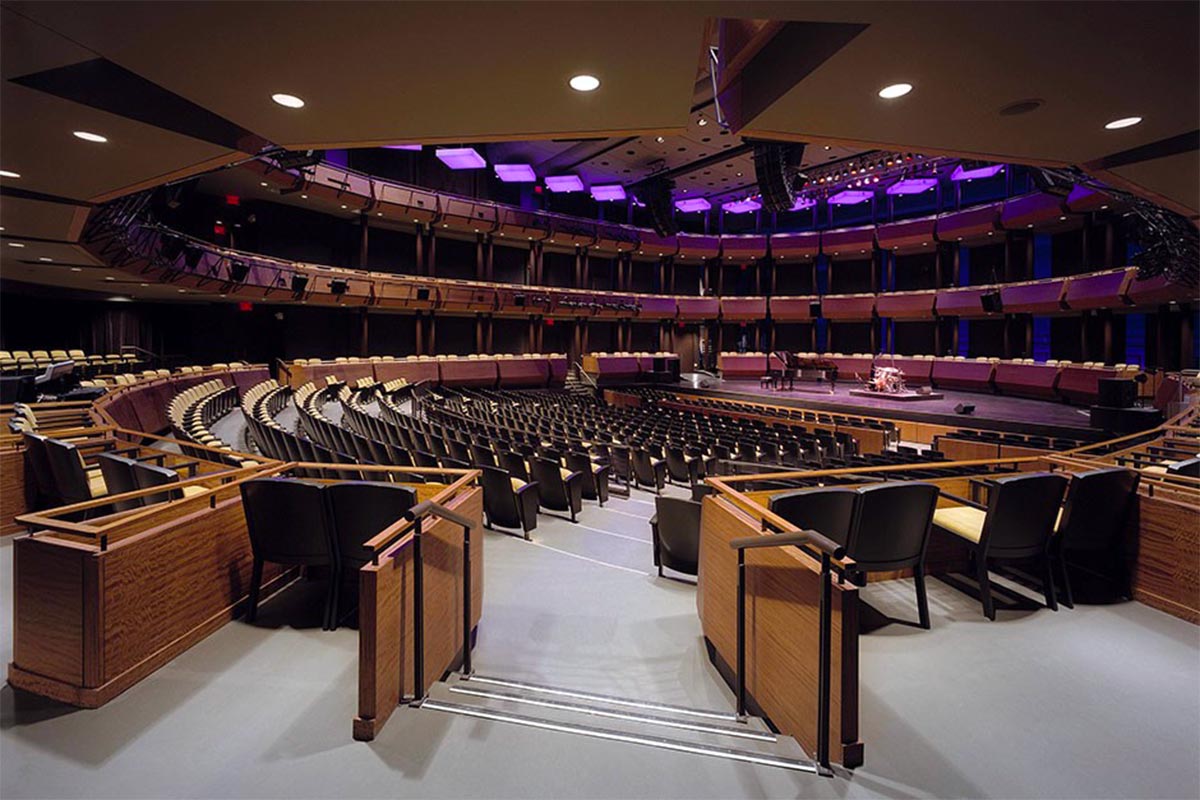
Rose Theater is part of the Lincoln Center for the Performing Arts. The performing arts complex, Frederick P. Rose Hall, was designed by Rafael Viñoly and is the basement of Deutsche Bank Center (originally Time Warner Center). Rose Hall consists of three venues: Rose Theater, The Appel Room, and Dizzy’s Club, named after trumpeter Dizzy Gillespie. The Hall also contains the Irene Diamond Education Center with rehearsal and recording rooms.
Gorgeous both sonically and visually, Rose Theater utilizes ambitious elements such as a retractable concert shell ceiling and a sophisticated acoustical curtain and banner system to help tailor the sound quality of the hall for individual performances.
It was designed with the audience in mind—with three tiers, the furthest seat is no more than 90 feet from the stage.
photos & videos
Aleko & Pagliacci
Rachmaninoff’s Aleko – Leoncavallo’s Pagliacci
New York City Opera
Rose Theater, Jazz at Lincoln’s Center Frederick P. Rose Hall, Time Warner Center, New York

